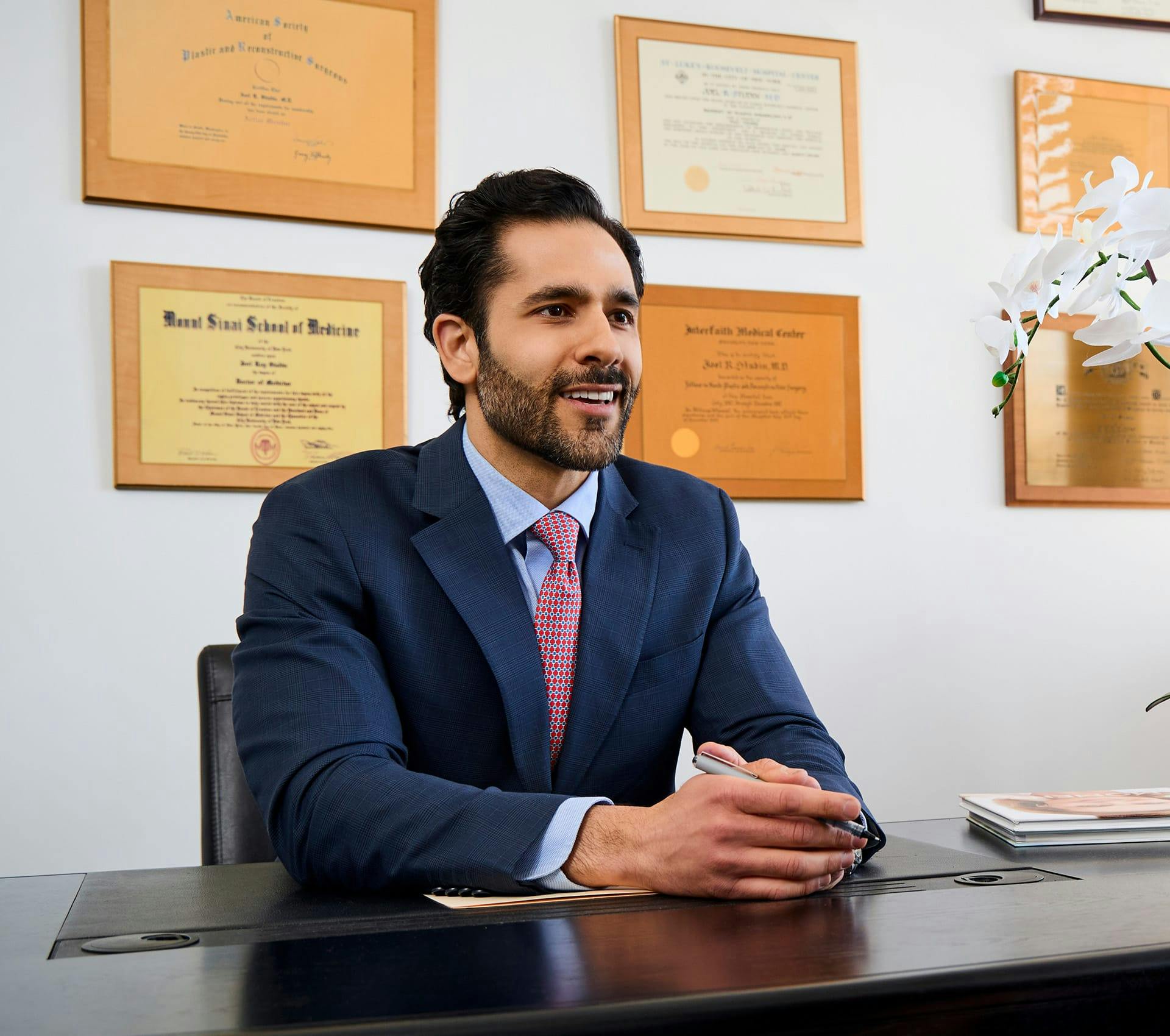The Importance of Board Certification and Specialized Training
To become a board-certified facial plastic surgeon, a physician must undergo extensive training and demonstrate mastery in both the science and art of facial surgery:
- Comprehensive Residency in Otolaryngology/Head and Neck Surgery
This foundational 5-year residency program provides an in-depth understanding of facial anatomy and surgical techniques for treating the face, neck, and eyes. It is during this time that a surgeon develops the skills and knowledge essential for performing both functional and cosmetic procedures on the head and neck. - Specialization in Facial Plastic and Reconstructive Surgery
Throughout residency, a significant focus is placed on plastic and reconstructive surgery of the head and neck, equipping the surgeon with expertise in delicate facial structures. Completing this rigorous training qualifies the surgeon for board eligibility with the American Board of Otolaryngology, specializing in both Head and Neck Surgery and Facial Plastic Surgery. - Advanced Fellowship in Facial Plastic and Reconstructive Surgery
For those committed to excellence in facial aesthetics, an additional 1-year fellowship in Advanced Facial Plastic and Reconstructive Surgery is required. This highly competitive fellowship is offered to only 50 surgeons per year, providing advanced, hands-on experience in cosmetic and reconstructive facial procedures. - Rigorous Board Certification
Following fellowship completion, the surgeon must pass comprehensive written and oral examinations, along with a thorough evaluation of their surgical experience. Achieving board certification from the American Board of Facial Plastic and Reconstructive Surgery signifies that the surgeon meets the highest standards of knowledge, skill, and ethics in facial plastic surgery.







